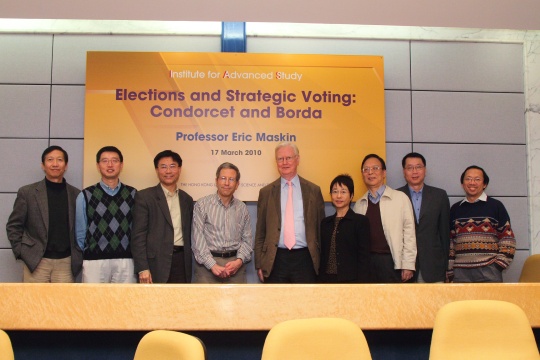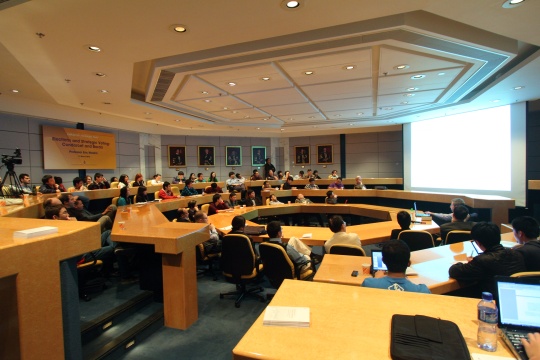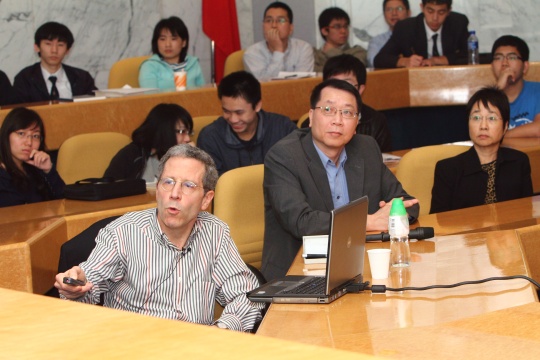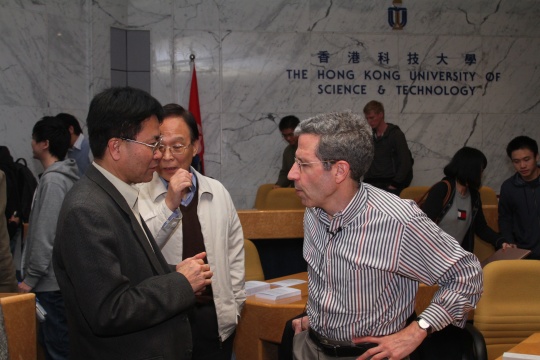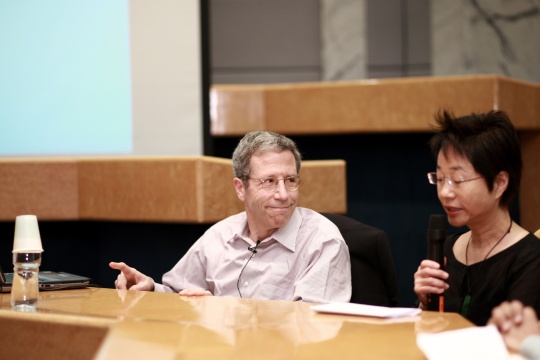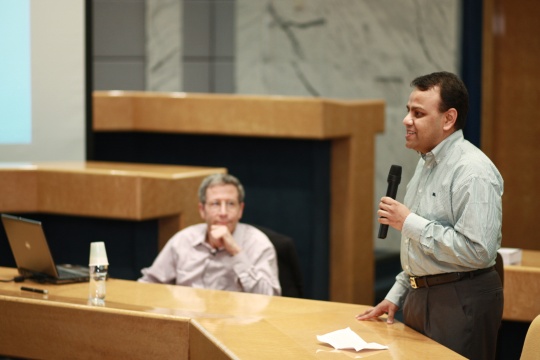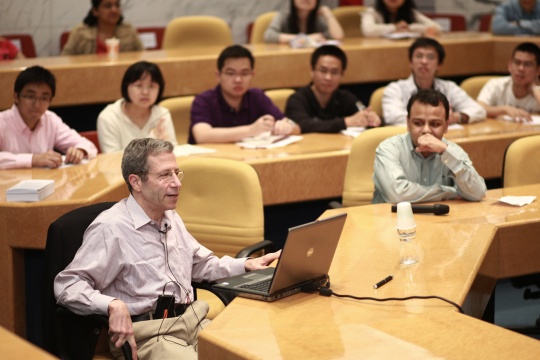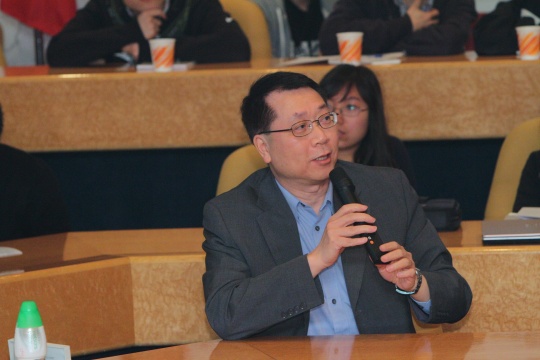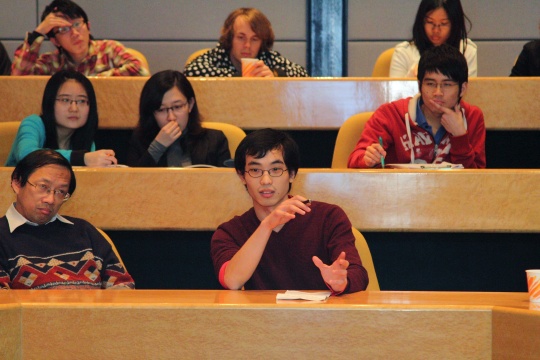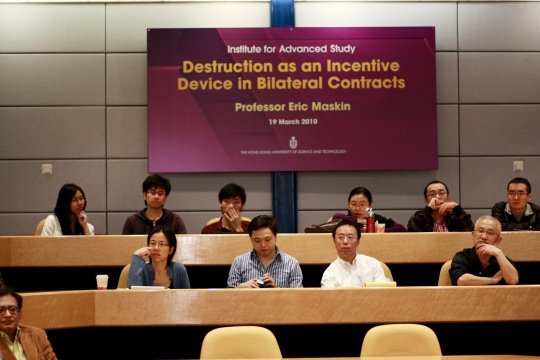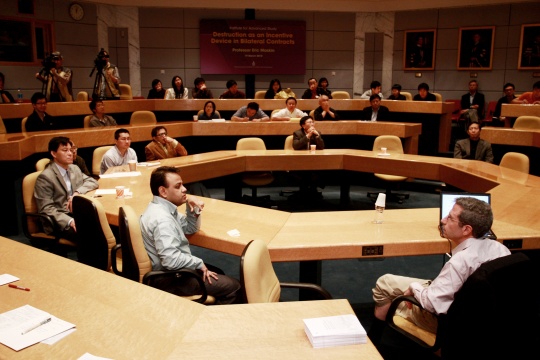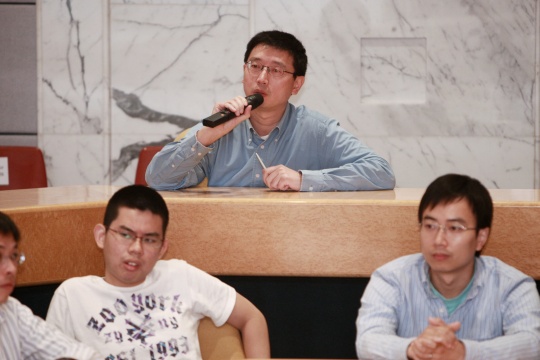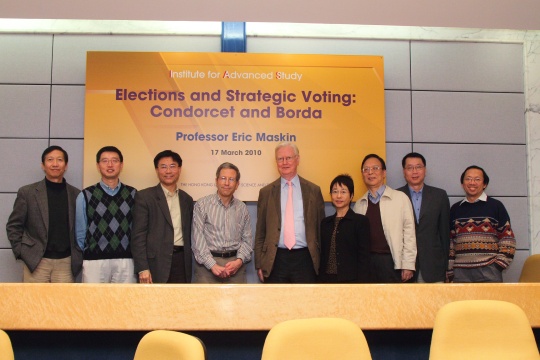Elections and Strategic Voting: Condorcet and Borda / Destruction as an Incentive Device in Bilateral Contracts
Abstracts
Talk #1: Elections and Strategic Voting: Condorcet and Borda
Date: March 17, 2010 (Wed) / Time: 3:30 - 5:00 pm
The speaker and his research collaborator P. DASGUPTA show that there is a sense in which the Condorcet method (simple majority rule) is less vulnerable to strategic voting than any other reasonable voting rule satisfying independence of irrelevant alternatives (IIA). If we drop the requirement of IIA, then Condorcet and the Borda method (rank-order voting) are jointly the least vulnerable to strategizing.
Talk #2: Destruction as an Incentive Device in Bilateral Contracts
Date: March 19, 2010 (Fri) / Time: 10:30 am - 12:00 noon
The speaker and his research collaborator M. MANEA consider four ways of deliberately introducing inefficiencies into bilateral contracts: (1) destroying money; (2) destroying the good traded; (3) destroying value for the buyer; and (4) destroying value for the seller. Of these, they prove that (1)-(3) can never enhance welfare. However, we show that there are circumstances in which (4) leads to welfare improvements.
About the speaker
Professor Eric Maskin received his PhD in applied mathematics in 1976 from Harvard University. He had been teaching at MIT (1977-1984) and Harvard (1985-2000) before he joined the Institute for Advanced Study in Princeton as Albert O. Hirschman Professor of Social Science. He was elected Fellow of the Econometric Society, the American Academy of Arts and Sciences and the European Economic Association, Corresponding Fellow of the British Academy and Honorary Fellow of St John’s College Cambridge. He is also an Honorary Professor at Wuhan and Tsinghua Universities.
Professor Maskin’s work in economic theory has had deep influence on many areas of economics, political science, and law. For his contribution in laying the foundation of mechanism design theory, he was awarded the 2007 Nobel Memorial Prize in Economic Sciences. His current research focus is on mechanism design, repeated games, income inequality, and the theory of voting.

